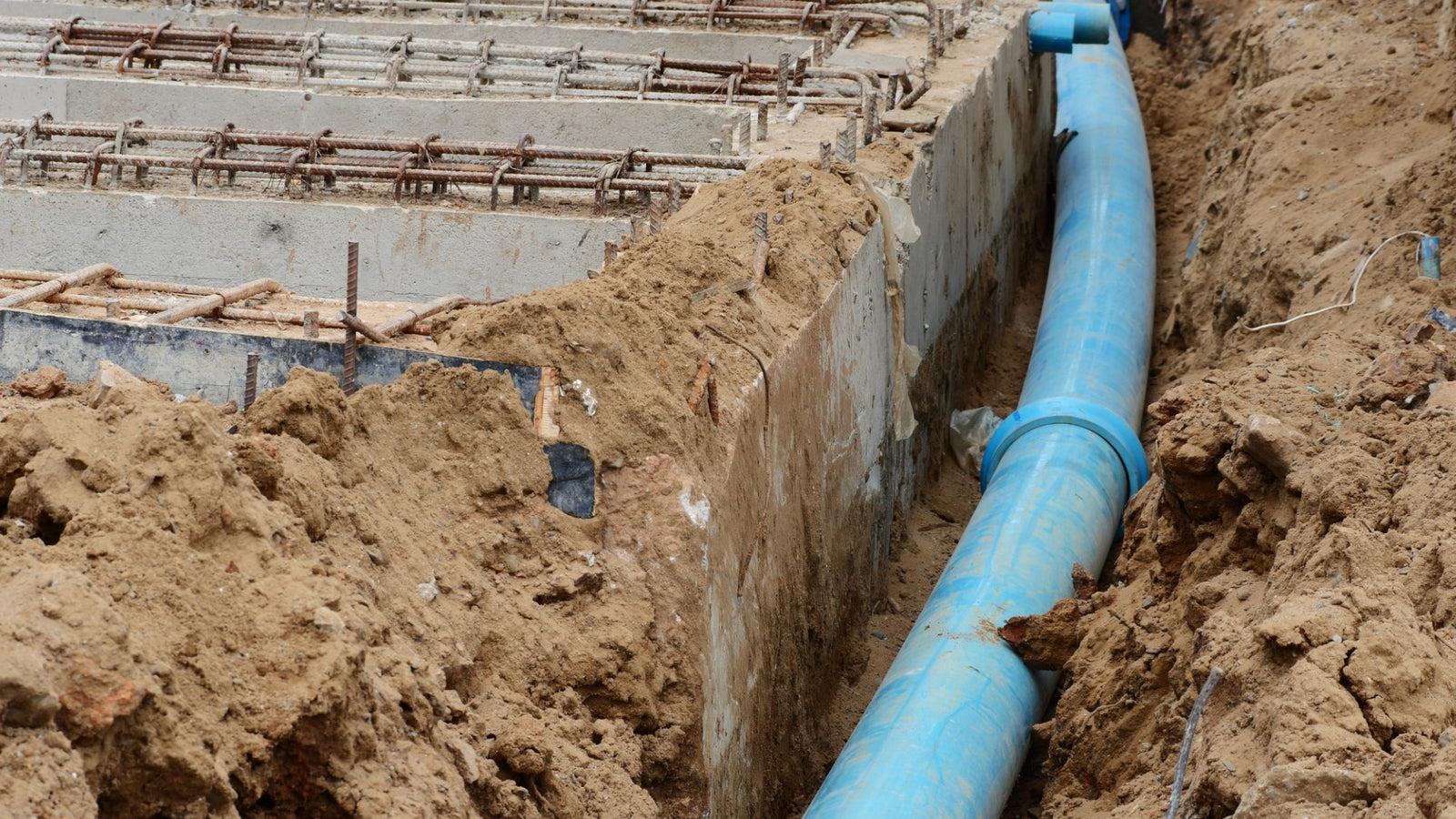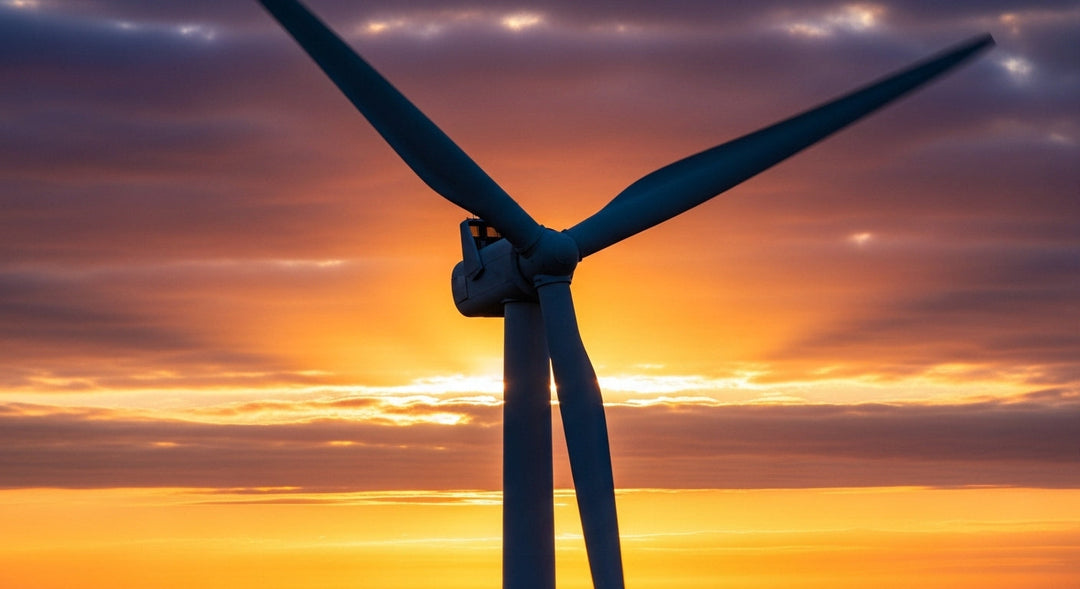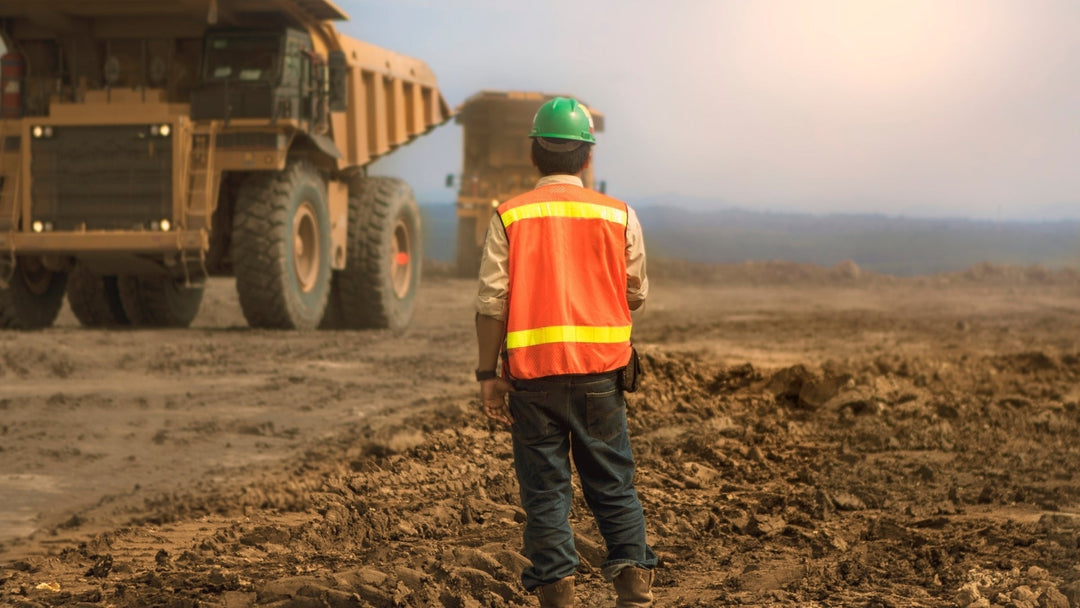Climate Justice and the Mississippi Water Crisis

Energy inequality and an aging infrastructure are once again causing major problems following a huge leak from a Mississippi water pipeline. Public officials, industry experts, and residents have continually called into question the state of the antiquated U.S. infrastructure, as it poses a threat to the daily workings of cities across the country. From roads to water pipes to energy systems, much of the infrastructure across the U.S. is not fit for purpose due to years of underinvestment in its upkeep.
Infrastructure failings are becoming ever clearer, as cities across the U.S. are experiencing a broad range of negative effects from a lack of electricity to a cutoff supply of drinking water. And this is disproportionately being seen in underrepresented communities in a clear example of climate injustice.
What is Climate Justice?
The impact of climate change will be felt differently by different groups in society, with the negative effects being felt disproportionately stronger for many disadvantaged communities. A mix of socio-economic, environmental, and cultural factors and institutional practices, such as planning rules and housing policy, put vulnerable groups at risk of climate change. Yet, these communities typically contribute the least to climate change.
There has been an increasing focus on the need for climate justice in recent years to promote equality across societies. We believe that greater investment in climate justice through environmental, social, and governance (ESG) schemes could help develop disadvantaged communities, which could ultimately support national economic growth and decrease unemployment.
The Case of Jackson, Mississippi
In Jackson, Mississippi, residents have not had access to a stable flow of drinking water as major leaks in the pipeline have cut off supplies in recent years. Jackson’s water system failed because the city had been sitting on a ticking time bomb. Many of the water lines in the city are more than a century old, connected to water plants that were constructed in 1914. The problem now is that no one knows when the next one is going to fail. A lack of investment in the water infrastructure has been exacerbated by recent freezes, meaning that many of the pipelines providing the city’s water supply are fragile.
The city’s utility has mismanaged the water lines for several decades, with poor spending decisions meaning that no money was left to update Jackson’s aging water infrastructure. The city’s water department has also faced major staffing problems, meaning that many leaks have gone undetected over the years.
The water system was forced to shut down in March 2021, leaving many residents without water for weeks. A state of emergency was announced in August 2022 due to unsafe drinking water, and now many residents no longer trust the quality of the drinking water coming out of their taps, leading them to spend huge amounts on bottled water.
But we see Jackson’s water crisis not just as a matter of mismanaged funds but as that of a long-neglected community. According to the Brookings Institution, the Jackson metro area increased jobs by just 6.6% over the last decade, while median wages in Jackson declined by 8%.
Jackson’s population has grown significantly over the last century, from 8,000 in 1908 to a peak of 202,895 in 1980, and around 154,000 today. Its demographic has also shifted dramatically over the last few decades, with 35,000 white residents leaving the city between 1990 and 2000, as the black population continued to grow.
City revenues come from a 1% sales tax which it does not want to increase, and the general budget. Much of the city funds have gone to repairing roads and patching up the city’s dilapidated water system. Meanwhile, external funds entering the state have been directed to just a handful of cities, with Jackson being repeatedly overlooked. This was also seen in the case of the $2 billion BP oil spill settlement in 2010, where Jackson received just $50,000.
How Can This Situation Be Improved?
We see a clear case of climate injustice in the case of Jackson, Mississippi, with the city being repeatedly overlooked, as other cities in Mississippi are given the funding they need to thrive. And Jackson is just one of thousands of areas across the U.S. facing this challenge.
While funding from recent policies, such as the 2021 Bipartisan Infrastructure Act, is expected to improve infrastructure across the country, we believe that greater investment into clean technologies can help to massively reduce cases of climate injustice. Solutions like photocatalytic water purification, solar powered filtration, and bioaugmentation can deliver proven solutions for municipalities.
Automated Variable Filtration (AVF) technology is also suitable for municipal drinking water and wastewater treatment, wastewater recycling, and desalination applications.
Greater investment in clean tech solutions can not only help to boost equality in disadvantaged areas but can ultimately save lives. We expect it to also have several positive indirect benefits, such as raising employment figures, increasing city revenues and therefore boosting tax investments in these areas, and contributing to national economic growth.








